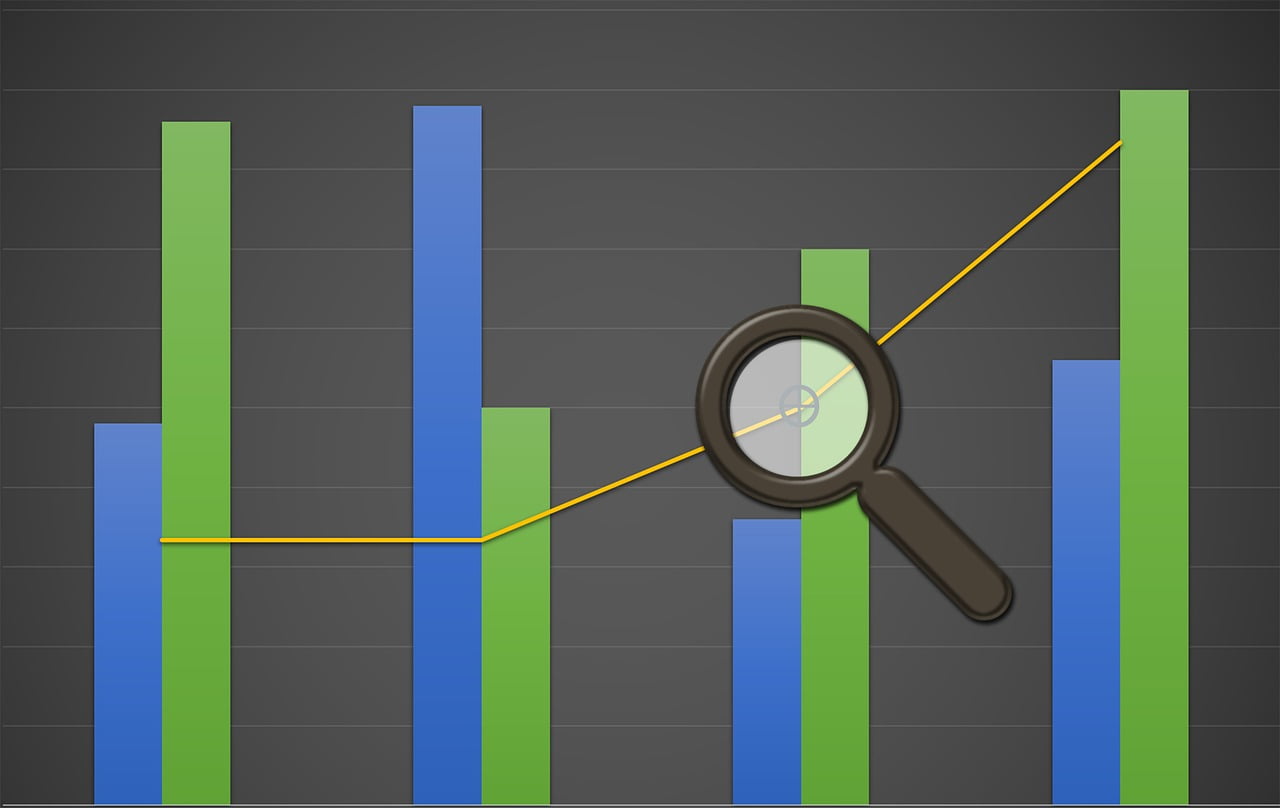I believe in market timing. I think it would be fair to say that I am the biggest advocate of market timing alive on Planet Earth today. I have devoted the last 19 years of my life to coming to an ever better understanding of the benefits of market timing. Every new article that I read, both pro and con, increases my confidence in the case. I can always see weaknesses in the points made in articles arguing against market timing and that makes me more confident that I am on the right track.
Q4 2020 hedge fund letters, conferences and more
The Distaste For Market Timing
Most people do not believe in market timing. Few are indifferent about it. Only a tiny number agree with me that market timing is critical. Most have a great distaste for it. They believe that market timing is a mistake.
I can’t help but wonder why most people feel as they do.
I believe that the primary reason is that it is only in recent decades that index funds have attained much popularity. It would be hard to get a timing strategy to work with individual stocks. It would make sense to avoid stocks with high valuations and to seek stocks with low valuations. But, in the individual stock realm, there are often good reasons why a stock is assigned a high valuation or a low valuation. Going against the market’s determination in those circumstances is dangerous.
It is much easier to predict the future returns of index funds. With index funds, all of the things that go into determining the value of a company are taken out of the picture. But one. A broad U.S. index fund is going to do well only if the U.S. economy remains a productive one. But the U.S. economy has been a productive one for a long time. So that is a reasonably safe bet. U.S. stocks have generated an average long-term return of 6.5 percent real for a long time. It is highly likely that the return going forward will be somewhere in that neighborhood. So index-fund returns are highly predictable for those who take purchase-date valuations into consideration.
Shiller published his first research showing that valuations affect long-term returns in 1981. By that time, there was a vast literature on how stock investing works. Most of it discouraged market timing. For good reason. The investigations that had been done up to that time had been done on investments in individual stocks. Thus, they showed that market timing does not generally produce good results.
A Mythology Of Stock Investing
What happened during the pre-1981 years is that a mythology of stock investing developed in which it came to be believed that stock investing is a rational endeavor. Something was causing stock prices to go up and down and people couldn’t help but to offer speculations. The idea that economic developments are the primary drivers of stock price changes became dominant. It seemed to make sense.
Shiller showed that that explanation just doesn’t fly. If it were economic developments driving stock price changes, stock price changes should play out in the form of a random walk since future economic developments are not predictable. But that is of course not the reality at all. Shiller showed that there is a strong correlation between stock valuations and long-term returns. There is nothing random at all about the walk that stock prices take.
So what is the primary driver of stock price changes? It is shifts in investor emotion. The case that this is so is rock-solid. But most of us don’t want to spend too much time thinking through the implications of Shiller’s findings. They are scary findings. We have our retirement money tied up in the stock market. We want to believe that it is safe. To think that our financial futures are being determined by something as ephemeral as shifts in emotion is troubling.
Everything about the world of stock investing is serious and sober and controlled. Shiller is saying something discomforting. He is saying that underneath the serious and sober and controlled exterior is a bubbling cauldron of investor emotion that tells the true story of what is going on. Shiller once said: “There is a growing behavioral economics movement, but it has so far had limited impact. Economists are not fond of the softness and imprecision of psychology. These notions are considered vaguely unprofessional and flaky.” And scary!
Market Timing: A Powerful Tool
Market timing is a powerful tool. It puts us back in charge of our investment portfolios. The investor who fails to time the market is at the mercy of the shifting emotions of all other investors, who cause his risk profile to go wildly out of whack at times for no good economic reason at all. The market timer is able to restore his risk profile to what he wanted it to be by investing less in stocks when valuations have pushed risk through the roof and more in stocks when the market’s emotional demons have been tamed.
Market timing works. But making use of the powerful new tool requires thinking about how the stock market works in a way that has never been popular before and that seems highly counterintuitive to anyone who has relied on the understanding of those who came before Shiller to arrive at his own perception of how stock investing works.
Rob’s bio is here.






